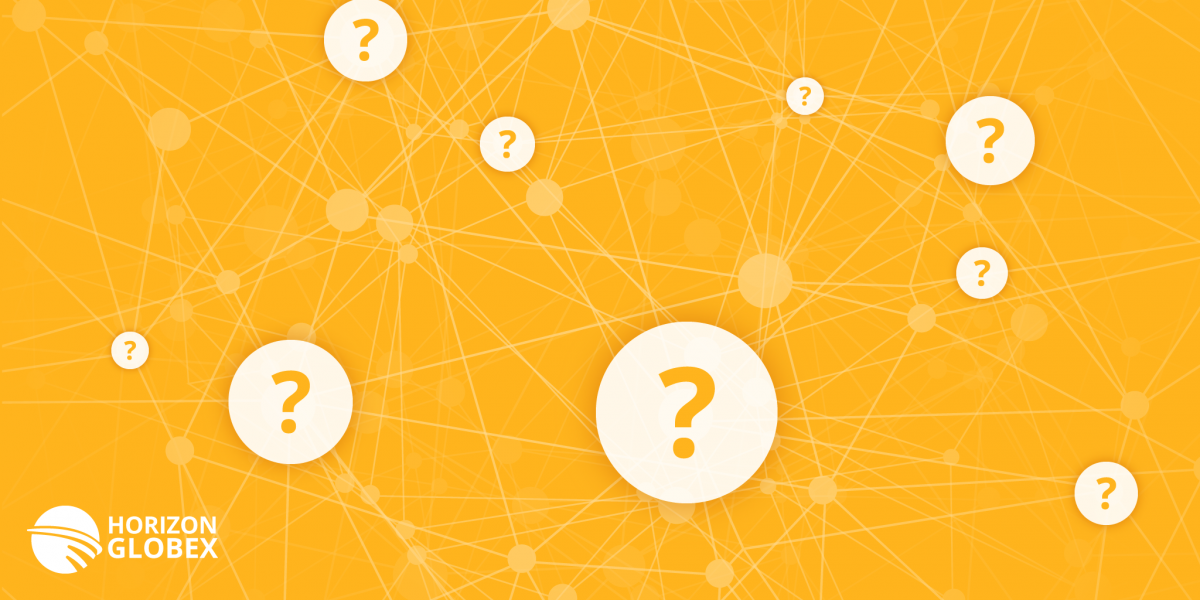By Sandra Quinn
Blockchain, Ethereum, Bitcoin and Cryptocurrency – these are the current buzz words for anyone involved in technology, investment or current business trends, but what do these words mean to the rest of us and are they relevant?
The short answer is yes, they certainly are relevant and like anything, if you want to keep up with the current trends, it is important to not only know what these words mean, but also how they are applicable to what you are doing.
For example, did you know that for Valentine’s Day you could have used the innovations from Horizon Globex to seal your love forever on the internet with a certificate of love through www.loveonthehorizon.io ?
Also, cryptocurrency isn’t just for those involved in tech industries and who want to make use of an online currency, it can also be used to transfer money from one person to another at a fraction of the cost and with much better security than current options available.
So what does it all mean?
This is something we will return to in future blogs, but for now we can’t cover everything in one post, so I’m just going to give you an explanation of some frequently used terms, which will hopefully help you to get to grips with some of this newfangled technology.
- The Blockchain is like a ledger of truth, it records transactions and cannot be changed or tampered with. Why do we need this? Well for every transaction, be it a payment, contract or sale, each person involved will have their own version of events and this lends itself to bias, errors and possibly fraud. Blockchain prevents this by providing one truth – a witnessed and verifiable version of events, true to exactly what happened and which is online and can never be changed.
- For those in business, using the Blockchain can save money, reduce paper trails, lower the costs of transactions, make things quicker and more straightforward and transparent and provide security and trust.
- Bitcoin is a digital currency, launched in 2009 to try to overcome some of the obstacles standing in the way of straightforward transactions and payments, such as long delays, prohibitively high costs, third party validation, fraud and vast paper trails.
- A Smart Contract is a contract, which forms an integral part of a transaction on the Blockchain. They are more secure than a traditional contract, while also being instantaneous and reducing costs i.e. it is generated automatically with a transaction and so you are not waiting for a legal expert to read over it, witness it and return it.
This blog has only really touched on the Blockchain (it is a vast and still very new area, which is constantly developing), but I hope it has given you a better understanding of how the Blockchain can be applied to daily life and in a future Sunday blog, we will look at how it can help businesses to become more efficient and streamlined.


